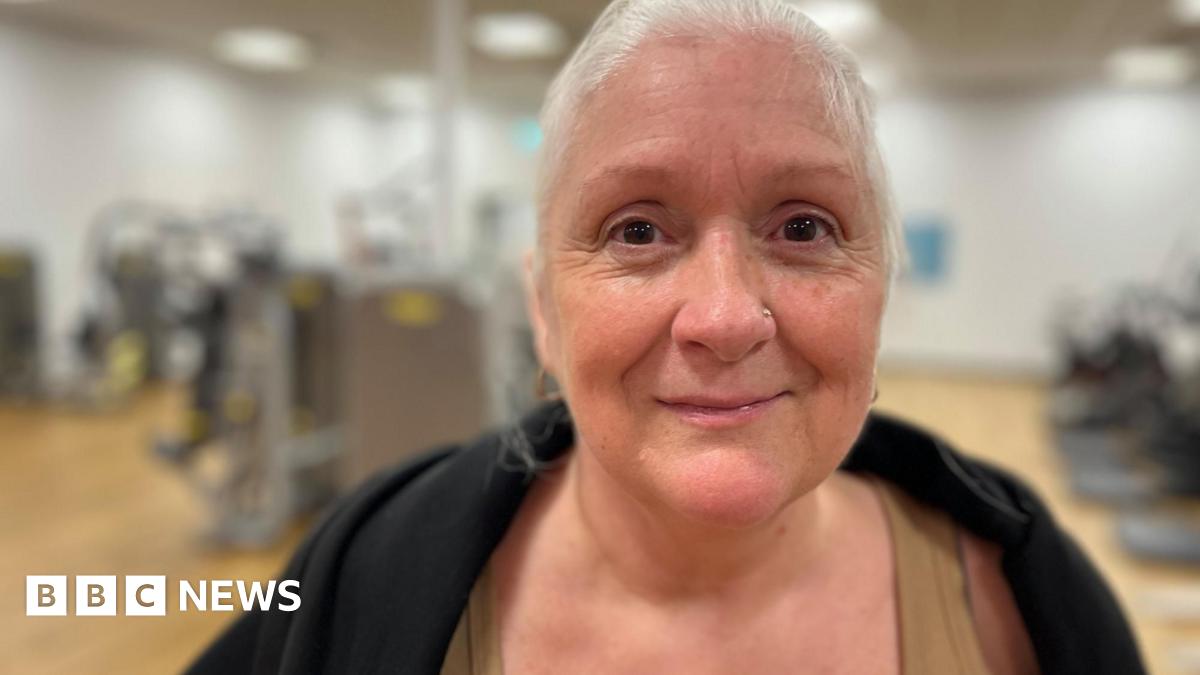Ms Heritage said her support team included respiratory and cardiology nurses, speech and language therapists, dieticians, physiotherapists, occupational therapists, and doctors from different areas, like cardiology and rehabilitation medicine.
About 450 people were currently awaiting assessment or intervention.
“We’ve had people referred to our service recently that were hospitalised with Covid 19 right at the beginning of the pandemic and they’re only just being referred to us now,” she said.
And there were referrals from more recent Covid patients.
“It might be that people had initial Covid infections and went back to life after that and didn’t really have long Covid, but another infection on top has triggered symptoms.”
Ms Heritage said some people found it challenging to deal with the implications of the illness.
“I think things like financial support for people that can’t work would be beneficial,” she added.
“People being believed about their symptoms, is really important.
“They feel invisible and absolutely left behind. People don’t always look unwell, and it fluctuates.. it’s that uncertainty that people have to deal with.”
The government has invested £50m in long Covid research projects.
A spokesperson said: “Long Covid can have a debilitating impact on people’s physical and mental health, and we are committed to ensuring there are quality services for everyone suffering with it, in every part of the country.”
